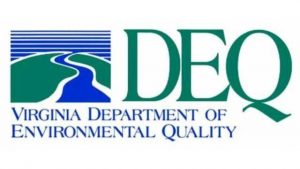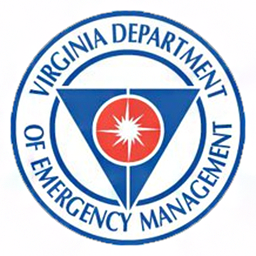We are delighted to hold our Day 2 Plenary Session on “Equity as a Guiding Force in Resiliency”, with our distinguished speakers:
Matthew Tejada, Director, Office of Environmental Justice, U.S. Environmental Protection Agency (EPA)
Curtis Brown, State Coordinator, Virginia Department of Emergency Management (VDEM)
Kendyl Crawford, Co-Director, Interfaith Power and Light
Moderator: Renee Hoyos, Director of Environmental Justice, Department of Environmental Quality (DEQ)
Given the climate emergency we are facing, there is a need for bold action to build resilience in marginalized communities across our country. These communities are the most vulnerable to effects of climate change. Local, state, and federal governments are taking sweeping steps to address environmental inequities and strengthen these communities.
In his first week in office, President Biden enacted numerous executive orders to address the climate emergency facing our country. Fundamental to these actions was a promise to address environmental justice in the Justice40 initiative. The initiative is a whole of government approach with a goal of delivering 40 percent of the overall benefits of relevant federal investments to disadvantaged communities and track performance toward that goal. In late July, the federal government issued interim guidance on Justice40. Among federal agencies, the Environmental Protection Agency has a critical role to play.
At the state level, Virginia is taking an active approach to addressing environmental justice (EJ). In 2020, Virginia passed the Environmental Justice Act which created an Interagency EJ Working Group to evaluate state agencies and make recommendations to improve engagement with marginalized communities. The working group’s report calls out the need for a full environmental justice baseline assessment of the state and recommended hiring 34 more full-time EJ employees across state agencies. Some of the key agencies in this effort include the Virginia Department of Environmental Quality and the Virginia Department of Emergency Management.


Virginia DEQ is addressing environmental justice in several ways. In 2019, DEQ conducted a study to address equity in its strategic planning and program implementation. In April of 2021, they announced the opening of a new Environmental Justice Office. VDEM is also working on concrete improvements in environmental justice. It is building capacity among emergency management offices, diversifying the emergency managers, and trying to “connect the dots” to make sure we are getting the resources to communities that need it the most. In December 2020 VDEM received the Governor’s Honor Award for the agency’s commitment to bolster diversity, equity and inclusion efforts in response to the COVID emergency. In July, 2021, Curtis Brown, State Coordinator, VDEM, testified in Congress highlighting what is needed to promote equity across emergency services:
…long term sustainability commitment, resources, and a willingness to support innovation to solve complex and deeply rooted inequities in programs and policies.
Curtis Brown, State Coordinator, VDEM
Working at the Grassroots Level

At the grassroots level, Virginia Interfaith Power and Light is one of the organizations leading the charge on state-level environmental justice by collaborating with people of faith to grow healthy communities and advance climate justice through education, advocacy, and worship. They recently hosted a community town hall with faith leaders and community organizers in order to discuss the environmental justice aspects of President Biden’s call to Build Back Better: Climate, Justice, Jobs, and Care priority agenda. Read more about their event here.




